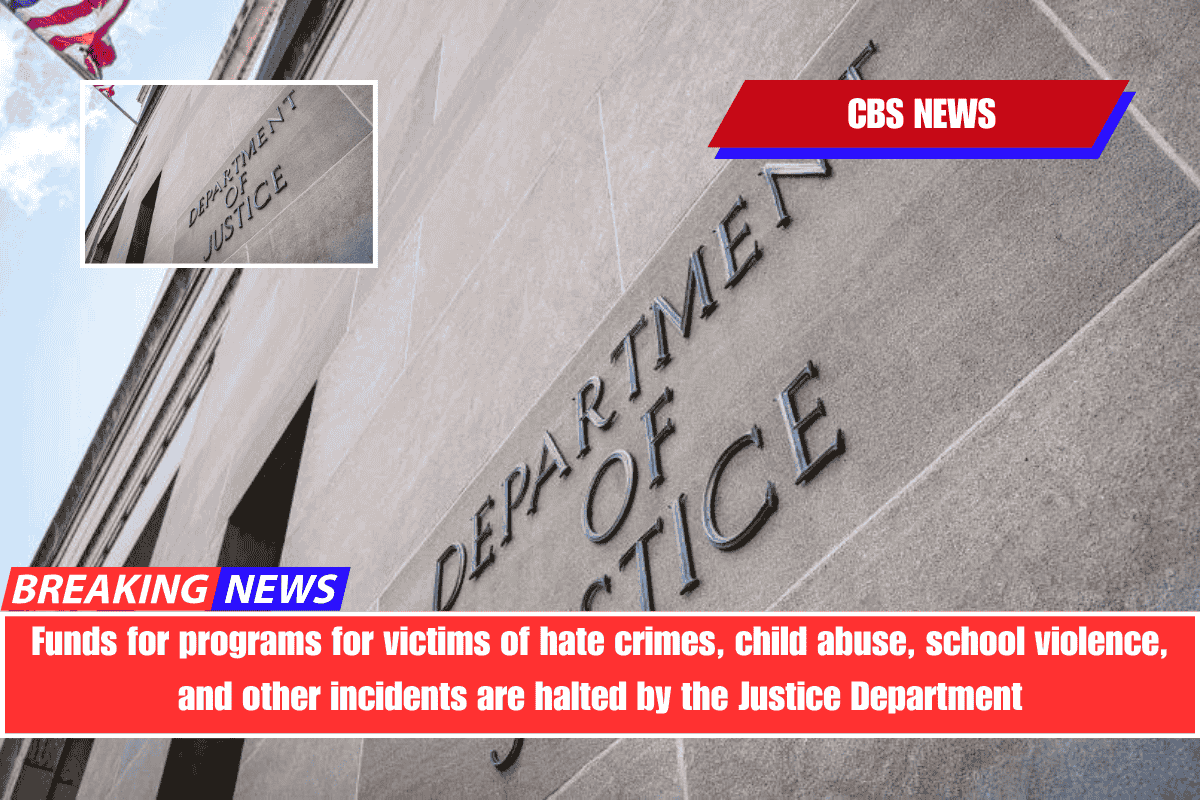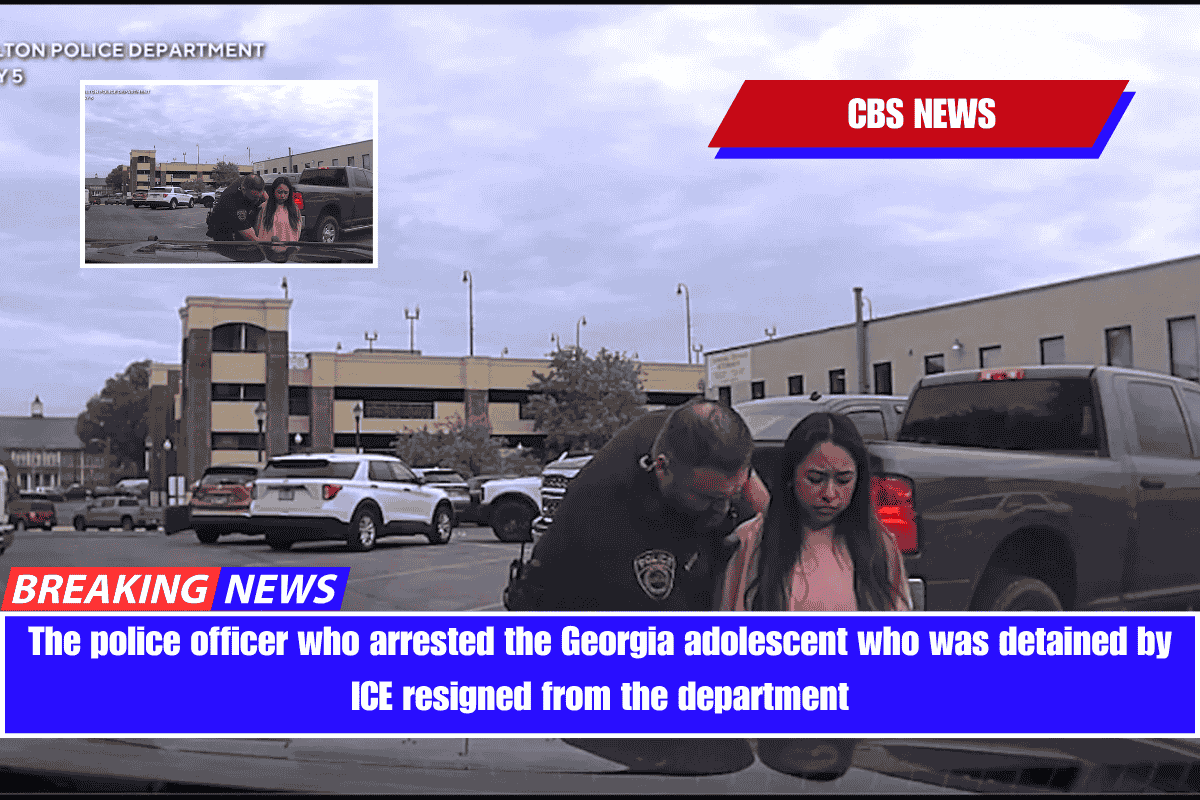CBS News obtained a list of 365 federal grant programs that were halted this week by the Justice Department, including programs to assist victims of hate crime and sex trafficking, children who have been abused, and refugees.
The department also suspended programs aimed at reducing school shootings, combating domestic terrorism, and an Emmett Till cold case investigation in the Southeast.
The Justice Department halted at least some of the grants in memos to nonprofit organizations sent out on Tuesday. The memos informed program managers that the projects no longer “effectuate” Justice Department priorities. According to nonprofit leaders who spoke with CBS News, the cancellation of the federal grants caused disruptions in some of their programs.
The head of a nonprofit that assists youth crime victims in Oakland, California, described the funding freeze as a “devastating blow.”
Nancy Smith told CBS News that she intends to lay off 10 employees from her national “Activating Change” nonprofit, which provides sign language interpreters and legal assistance to crime victims with disabilities and hearing impairments. Smith claimed 40% of her budget vanished overnight.
The list was provided by a federal source with knowledge about the agency’s funding of federal grant programs.

The Justice Department told CBS News that at least two of the grant funds for the National Center for Victims of Crime in Maryland and the National Network to End Domestic Violence in Washington, D.C., had been restored since last week’s memo.
The National Center for Victims of Crime in Landover, Maryland, informed CBS News on Thursday that it intended to close its national crime victims hotline due to the cancellation of a Justice Department grant. Each year, the hotline receives approximately 16,000 calls from crime victims.
However, one day after a CBS News report about the hotline’s possible closure, the organization’s director informed CBS News that the Justice Department had restored the grant money.
A Justice Department spokesperson told CBS News that organizations that lost grant funding awards would have 30 days to appeal the decision.
“We are confident that these cuts are consistent with the administration’s priorities while at the same time protecting services that tangibly impact victims,” a spokesperson told CNN.
The list of 365 grant programs notified of grant cancellations includes a wide range of initiatives aimed at assisting crime victims and reducing violence.
The impacted organizations include a San Francisco-based organization that seeks to reduce hate crimes against Asian Americans and Pacific Islanders; a New York organization that works to reduce school shootings; the “Emmett Till cold case investigations and prosecution program” in New Orleans; the “Matthew Shepard and James Byrd hate crimes training and technical assistance” initiative for crime reduction in Florida; and a Michigan group that supports re-entry for young offenders.
Renee Williams, executive director of the National Center for Victims of Crime, expressed gratitude to the Justice Department for restoring her grant funding, but told CBS News, “our partners are still battling.”
Williams stated that the organization’s crime victim hotline is a critical resource for those who have experienced violence. Williams stated to CBS News: “After calling us, countless victims indicated that they had nowhere else to turn, but found hope, help, and comfort from our services.”
Joe Griffin, executive director of California-based Youth Alive!, told CBS News that the interruption of his organization’s federal grant would have a devastating impact on community initiatives.
“To do this ahead of summer, when we know there will likely be an uptick in violence, is really troubling,” Mr. Griffin stated. “We need our government to show up for our young people the way we do—every day, without fail.”
Other projects that were informed of the termination of their federal grants include the following:
- A Memphis, Tennessee, group that helps provide victims advocacy and support for non-English speaking crime victims
- An Atlanta project that supports crime victims under the age of 18
- A Bronx, N.Y. initiative to prevent overdoses
- A Chicago-based study of elder-abuse victims
- A Florida project to help ensure the safety of correctional officers
- A Virginia-based project to help human trafficking victims.


















Leave a Reply